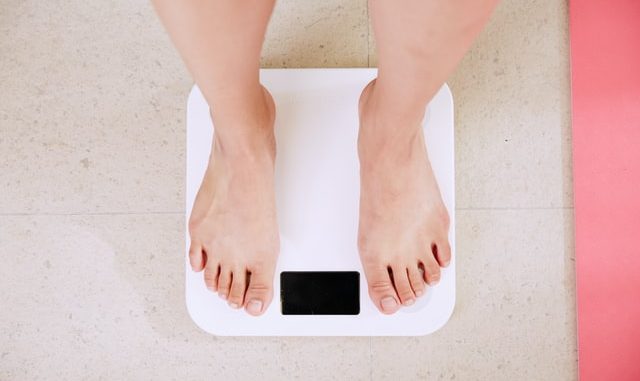
Problems that are related to the gallbladder and weight loss seem to be connected with each other. Numerous researches have been done in order to determine the relationship between weight loss/weight gain and gallbladder disorders.
Gallbladder Disease
Gallbladder disorders are usually caused by gallstones. Gallstones can form as a result of various factors. Women are more prone to gallstones than men are (especially women who’ve had multiple pregnancies). Pregnant women can experience this problem, because of hormonal changes in the body during pregnancy. In some women, gallstones can go away after delivery, but some women can experience gallbladder complications, and surgery is the only treatment in such cases.
Other risk factors for gallbladder disease include:
- Hypothyroidism
- Chronic heartburn
- Obesity
- Contraceptive pills
- Food allergies
- Hashimoto’s disease
- Eating fatty foods
- Hemolytic anemia
- Diabetes
- Crohn’s disease
- Antacids
- Genetics
- Low production of stomach acid
- Gender
- Age
- Alcohol intake
- Excessive consumption of sugary foods
- Low-calorie diets
- Low-fiber diet
- Rapid weight loss
- Non-fat diet
Gallbladder Disease and Weight Loss
Certain gallbladder-related problems can be caused by quick weight loss. Gallstones can occur in people who have lost weight too rapidly. In healthy people, a certain amount of fats is advisable; if you are on a non-fat diet, you can be at greater risk of developing gallbladder problems.
If you already have gallbladder problems or are genetically predisposed to gallbladder disease, you should be very careful with weight-loss diets.
Doctors always recommend gradual weight loss. There is no need for changing the quality of the foods you eat; it is much wiser to change the quantity. If you want to lose some weight and you don’t have any gallbladder problems symptoms, talk to your nutritionist about the best way to lose weight in a natural and healthy way. If you stop eating certain types of fats, you can cause problems to your gallbladder (and the entire digestive system).
Obesity can trigger gallbladder problems, so if you are overweight, you will certainly have to lose some weight in order to prevent gallbladder disease from getting worse. However, weight loss must be supervised by your doctor. Do not starve yourself. That can increase the risk of other disorders, and jeopardize your health.
If you look at the risk factors, you will see that diet plays an important role. Being overweight can put you at risk of gallstones, and losing too much weight too quickly can also cause gallbladder problems.
If you do not have any gallbladder disorder, talk to your nutritionist about the best weight-loss diet for you. If you do that, you will avoid numerous problems. Obesity can cause serious health problems that are not necessarily related to the gallbladder; type 2 diabetes and heart problems are just some of these problems.
If you already suffer from gallbladder problems, and you are obese, you will have to ask for some professional advice on weight loss. In most cases, it is recommended to avoid fatty foods (junk foods, fatty meat, fatty dairy, etc). Do not consume too much oil (you can use olive oil). Sugary foods have to be avoided. You should eat smaller meals and exercise regularly. If you have other health problems, you must talk to your doctor before you start doing any exercises. If you are healthy, you can start with moderate exercising. Do not exhaust your body! There is no need to exercise too hard, especially in the beginning.


Thank you for your sharing. I am worried that I lack creative ideas. It is your article that makes me full of hope. Thank you. But, I have a question, can you help me?